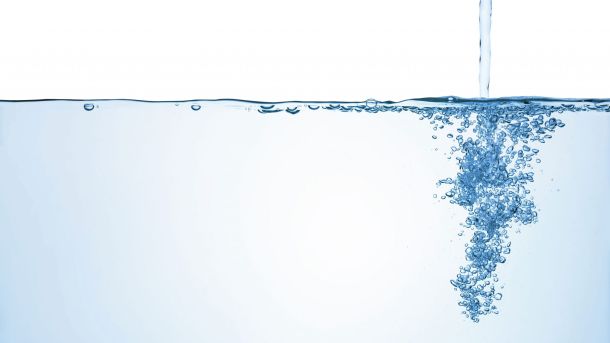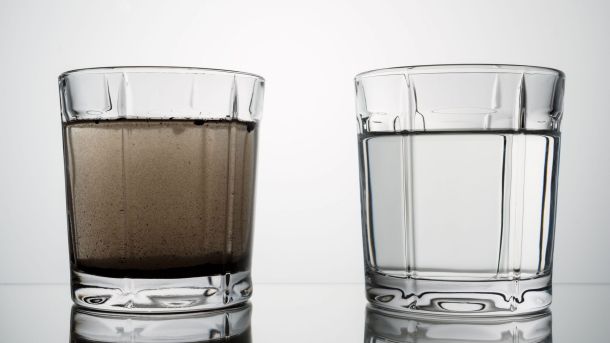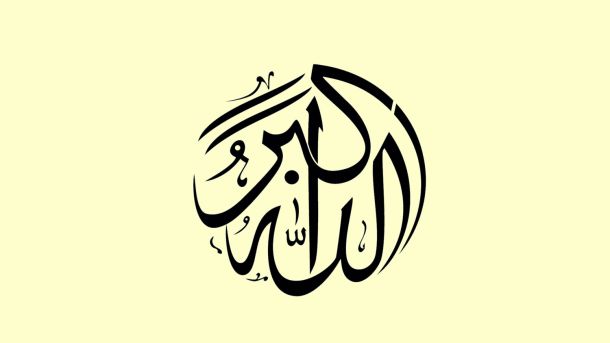News Archive
Jul 18, 2022
The Attitude of the Christians Towards the Books of Allāh: Consistent Rejection of Allah’s Oneness
Shaykh al-Islām Ibn Taymiyyah (d. 728 AH) said:
“The [attitude] they [the Christians] have taken concerning the Qurʿān is the very same [attitude] they have adopted with [all] of the books [of Allāh] that have preceded it, and the speech of the Prophets as related in the Tawrāh, the Injīl, the Zabūr and others. For truly these resources contain countless passages that explicitly call to the Oneness of Allāh and the fact that the Masīḥ [Jesus] was his slave. There are but a few words [in those resources] that hold a degree of obscurity. They [the Christians] chose to hold on to those few obsc…
Jul 13, 2022
How to Distinguish Pure from Contaminated Water When Confusion Arises
Shaykh Muḥammad ibn Ṣāliḥ al-ʿUthaymīn [d. 1421 AH] said [concerning the issue of confusing pure and contaminated water]:
[Imām] al-Shāfiʿī said that one should seek the true state of [both waters]. This is the correct opinion and the second view in the madh`hab [of Imām Aḥmad] for his (ﷺ) saying in the ḥadīth of Ibn Masʿūd (may Allāh by pleased with him) concerning the issue of a person having doubts in his ṣalāh: ‘If one of you should have doubts in his ṣalāh then let him seek the truth concerning it, then let him build on his conclusion.’ This is a clear prophetic evidence that validates…
Jul 12, 2022
The Division of Water into Two Classes
Shaykh Muḥammad ibn Ṣāliḥ al-ʿUthaymīn said [concerning the ones who divide water into three types]:
ṭahūr [amenable for wuḍūʿ],
ṭāhir [clean in and of itself but not amenable to wuḍūʿ],
and najis [not amenable to wuḍūʿ],
The correct opinion [in this matter] is that water is divided into just two types: ṭahūr and najis.
If water is changed [in taste, colour, or smell] by something that is considered najis, then that water is najis. Water that is unchanged by najis is ṭahūr. As for the [third] division of ṭāhir, it does not exist in the sharīʿah. This is also the opinion taken by Shay…
Jul 10, 2022
Declaring Allāh’s Greatness During the Days of Tashrīq Is Also Legislated
Remembering Allāh and declaring His greatness during Dhū al-Ḥijjah’s first ten days is a well established Sunnah. The Prophet (ﷺ) said: “There are no days that are greater before Allāh nor in which good deeds are more beloved to Him than these ten days, so recite the taḥlīl [i.e. saying Lā ilāha illā-Allāh], the takbīr [i.e. saying Allāhu Akbar], and the taḥmīd [i.e. saying Alhamdulillāh] frequently.” (Reported by Imām Aḥmad with this wording, and Shaykh Aḥmad Shākir authenticated it.)
Most scholars say this is the meaning of Allāh’s statement:
وَيَذْكُرُوا اسْمَ اللَّهِ فِي أَيَّامٍ مَّعْلُ…
Jul 7, 2022
Declaring Allāh’s Greatness During Dhū al-Ḥijjah’s First Ten Days
Dhū al-Ḥijjah’s first ten days are the most auspicious days of the year. Allāh’s Messenger (ﷺ) said: “There are no days in which righteous deeds are more beloved to Allāh than these ten days. They said: “Not even jihād for Allāh’s sake?” He (ﷺ) said: “Not even jihād for Allāh’s sake unless a man goes out himself for jihād taking his wealth with him and does not return with anything.” (Reported by al-Bukhārī with this wording) Consequently, the Messenger (ﷺ) legislated Allāh’s remembrance during this time. He (ﷺ) said: “There are no days that are greater before Allāh nor in which good deeds ar…








